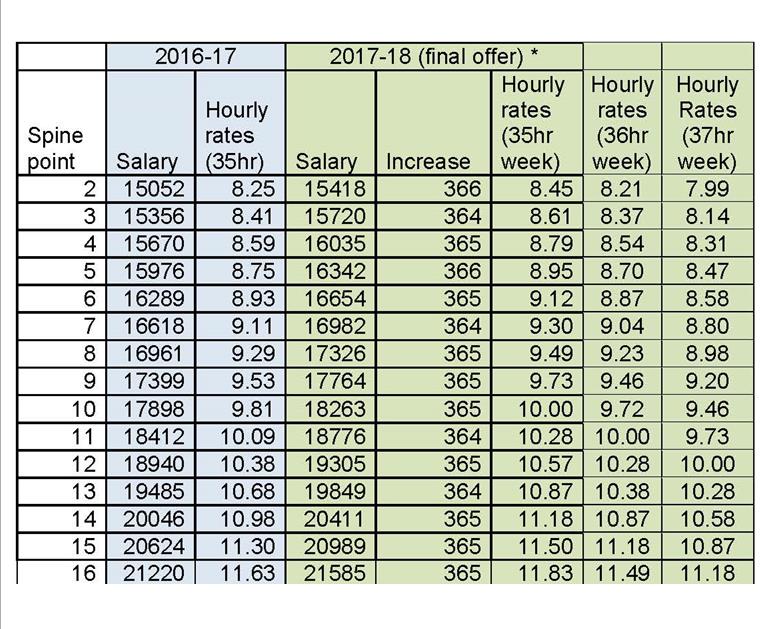Pre-ordered 2018 UNISON diaries will be available for collection at the UNISON Christmas Social on Thursday 7 December between 12-2 pm.
2018 desk calendars are available for all members.
November is Young Workers’ Month – a time to celebrate the contribution that young workers make to public services and to UNISON.
Though we know many UNISON members will always be young at heart, in UNISON members count as ‘young’ if they are 27 or under.
At national level, the national young members’ forum is prioritising work around raising awareness of issues faced by young workers, and in particular:
UNISON are launching our ’27 under 27′ project, a set of portraits of young members, with some biographical information, showing the range of work and contribution they make, and the interests they have.
The personal finance newsletter for UNISON members published by Lighthouse Financial Advice –UNSON-MoneyTalk-Newsletter
UNISON who led the legal challenge to scrap Employment Tribunal fees, won a landmark court victory yesterday against the government – which benefits all workers.
The Supreme Court has ruled that the introduction of Employment Tribunal fees in July 2013 was unlawful.
Fees were introduced by the Government in 2013 with a view to weeding out malicious and unmeritorious cases. However, they didn’t just weed out the weak cases they stopped genuine cases as well. This resulted in most cases requiring the Claimant to pay the £1200 in fees and a 79% reduction of cases being brought forward over the last 3 years.
What does the ruling mean?
Anyone who:
Full story on the UNISON website

If you need a new car, with UNISON Living you’ll have access to exclusive discounts for you and family members, and great discounts on car insurance. Read more
Please fill out the 2017 UNISON Equality Survey if you have ten minutes to spare. It will be really useful for UNISON in working to make your workplace more equal.
Click here to complete the survey.
Pay negotiations between the higher education trade unions (UNISON, UCU, Unite, GMB and EIS) and the employers (via their negotiating body the Universities and Colleges Employers Association, UCEA) have concluded.
The full and final offer tabled by UCEA on 27 April 2017 is a 1.7% increase on all points on the pay spine, with additional payments for those at the lower end as tabled below.

This is effective from August 2017.
UNISON’s Higher Education Service Group Executive (HESGE) decided at its meeting on 4 May 2017 that this offer is the best to be achieved by negotiation, and that if members vote to reject the offer, sustained and prolonged industrial action would be required.
In line with UNISON policy, the final offer is first of all subject to a Branch consultation exercise, which will end on 3 July 2017. This Branch will therefore be putting in place arrangements to consult with members in order to report back to HESGE, and so please look out for further communications and information.
If, based on the results of this consultation, HESGE decides on a course of action including industrial action, then this would be put to members in a further, centrally conducted, ballot. In accordance with the Trade Union Act, a turnout of at least 40% would be required in order to make a vote for industrial action legally valid.
Rejection of the pay offer in an industrial action ballot would initiate a campaign of industrial action in line with UNISON rules and conference policy. UNISON would endeavour to work alongside other unions wherever possible on joint action.